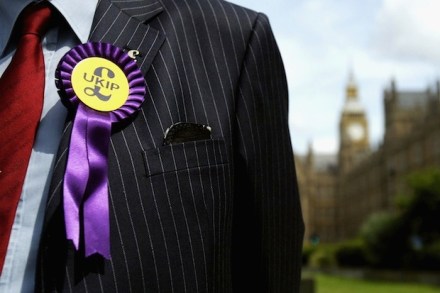Oxford should not accept money that is tainted by fascism
Dons and students at Oxford have in recent years been deeply exercised about Cecil Rhodes, who died 120 years ago. Some politically sensitive students removed a portrait of the Queen in the Magdalen graduate common room, and others even persuaded the geography department to remove a portrait of Theresa May. Yet they seem strangely silent







